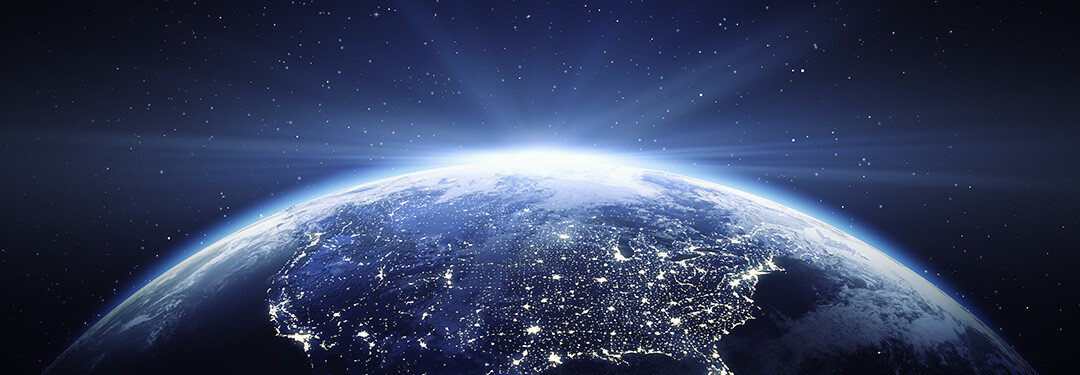We are all connected, scientists say during Evolution Weekend program
By Linda Worthington
UMConnection staff

March for Science Planned
Earth Day is April 22, and “scientists around the world will be marching,” said the Rev. Maynard Moore, Wesley Nexus founder and organizer of the event. Clergy
In an effort to explore the question, “Are Our Children at Risk?” through the sectors of food insecurity, climate change
The ecumenicity of the group was demonstrated by the leaders: two were United Methodists, one a Quaker/Buddhist; and all were highly respected in their scientific fields and open to the perspectives of those who believed differently.
The meeting was opened on the anniversary of Darwin’s birth (Feb. 12, 1809) by Rabbi George B. Driesen of the Institute for Science and Judaism, now serving at a Reconstructionist Congregation in Bethesda.
Dr. Gary Sherman, a member of Bethesda UMC and currently at Virginia Polytechnic Institute in Blacksburg, Va., pointed out that by 2050, the world “must sustainably feed 9.5 billion human beings” with no additional arable land or fresh water. That’s two billion more people than today. In less than 100 years 11.5 billion people must be fed.
He noted that 56 percent of Americans believe humans were created as they currently are 10,000 years ago, and corollary to that, 50 years or 1,000 years in the future, they will still be the same. To make it possible to sustain the expected growth in numbers of humans, science must be utilized, he said. “I want science to work the way it should, not to make the U.S. rich, but for the children.”
Alternative food sources, including the use of GMOs (genetically modified
Frank
The climate scientists’ conclusion is that carbon dioxide is the crux of the problem – that CO2 levels have risen 40 percent since the human industrial revolution, and its levels have never been higher in the past 800,000 years. “All signs of a warming world are moving in the direction we don’t want them to go – up.”
The Rev. Amy Stapleton, a team leader at the General Commission on Religion and Race, pointed out the harm that is done by racial bias, saying that “black and brown bias is the main bias. ... (It) creeps up in every part of the community.” Everyone is susceptible to implicit (unconscious, internalized) bias and most people are not aware of it, she said.
The consequences of bias (racism) are in all parts of life, she said, in education, health care
“We need to be more than an ally, but also an advocate,” she said. “We need system intervention for systemic problems.” She added, “We as
Following the presentations, Bishop LaTrelle Easterling of the Baltimore-Washington Conference responded to the remarks of each panelist.
“Neither science nor theology should make claims about the other,” she said. “They are compatible disciplines.”
Bishop Easterling gave an interpretation of the Lord’s Prayer, suitable for all religions. “It can be prayed by anyone ... and orients us to relationships to the world and one another,” she said.
“Our Bible says God, not humans, created the heaven and the earth,” she said, and
“Give us this day our daily bread” means that “food is not about hoarding and consuming. ... (It) is taking what you need today, but not hoarding the rest. If I take only what is necessary for me, the child in Africa will be fed,” she said.
Lead us not to temptation: Speaking to Stapleton’s racism presentation, Easterling said, “How can I be reconciled to you if I see myself as inherently better than you?”
Deliver us from evil: “Hell is
“We are connected, and we need to recognize the value each person brings to the conversation,” concluded Dr. Richard Ballew, a Certified Lay Servant and lay leader at Memorial UMC in Poolesville.
